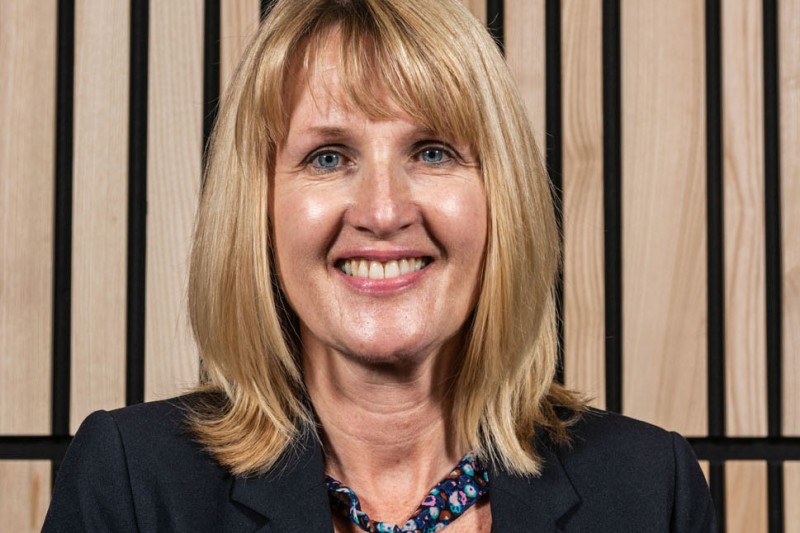Jane Murphy is Deputy Dean for Research at BU’s Faculty of Health and Social Sciences. She is a Professor of Nutrition and also a Registered Nutritionist and Dietitian. Her research focus is on preventing, identifying and managing malnutrition in older people in the community. She sits as Associate Board member on the UK’s Malnutrition Taskforce and has worked with various groups in Parliament to raise awareness among policymakers.
Influencing to improve public health is more important than ever
"Health’s been a difficult area to try and achieve social change recently, as COVID-19 has understandably taken up so much time and funding in the Department for Health and Social Care. In 2019, it felt as though we were beginning to get a hearing, and that policymakers were starting to recognise the UK’s malnutrition problem. But during the pandemic, it was difficult to cut through. Now, we feel it’s a pivotal time to start reaching out and sharing our research again. If anything, the impact of the COVID lockdowns, and now the cost-of-living crisis, is making the need more important than ever.
Malnutrition is a huge issue in the UK and a big threat to our health, especially as we age. It’s also a problem for the health system and the taxpayer – by 2043 it’s estimated that the health and social care costs associated with malnutrition will be in the region of £70bn. We also have an ageing population. So it’s clearly a problem Government will need to get to grips with.
We plan to build and maintain momentum
In October 2019, a few months before the pandemic hit, I spoke at the All Party Parliamentary Food & Health Forum in the House of Commons to emphasise the social causes of malnutrition, including poverty and living in isolation. I didn’t know then that the isolation factor was about to escalate!
A year into the pandemic, in March 2021, I was invited to speak to the All Party Parliamentary Group for Ageing and Older People. The Group wanted to know how malnutrition among older people might have got worse during the pandemic and what can be done, at the policy level, to improve things. I shared good practice examples and our research tools, explaining how resources like the Patients Association Nutrition Checklist (and its interactive format, the Nutrition Wheel) can help health and social care professionals, and older people’s families and carers, identify malnutrition risk and provide signposting to further information and support. But I also made sure I included a call to action for Government, including greater focus on prevention, access to primary care and prioritising nutritional care in health and social care. These are all improvements that Government can do a lot to implement.
The struggle now is to build and keep up momentum on this issue. October 10-17 2022 is Malnutrition Awareness Week so that’s a huge opportunity to raise the profile further. In the Malnutrition Taskforce we’ll be looking at how we can not only engage health and social care professionals and the public, but policymakers too.
We know what works
During the Awareness Week and beyond, we’ll be calling for Government to collaborate with the Taskforce to develop a national strategy to bring together various interventions which will prevent and reduce malnutrition. In fact, the new Office for Health Improvement & Disparities should consider it one of its first priorities. To work, it needs to include effective, targeted public health campaigns, nutritional screening and care planning and training for those who work with and around older people. We know what works because the Malnutrition Taskforce has already run pilots across England which showed that targeting prevention strategies to specific local needs was the best approach. These results are an excellent start to inform such a strategy. I’d also love to see a Minister for Older People appointed, who could work across Government departments to tackle these problems."
